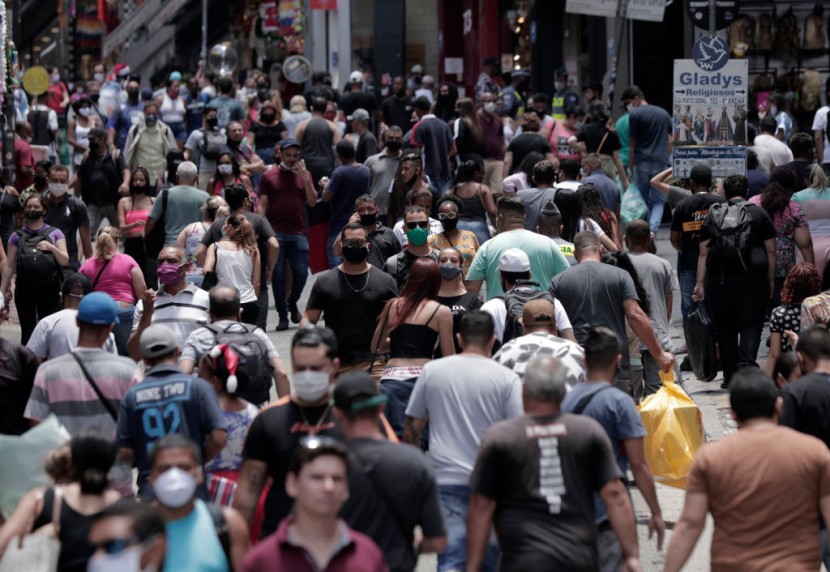
A new genetic fingerprinting study showed that the biotech conference in Boston last February that has been flagged as a COVID-19 superspreading event led to at least 300,000 infections in the United States and the European continent.
The team at the Broad Institute in Massachusetts reported that a single case seemed to have been responsible for many other eventual cases.
Based on the study led by the director of pathogen genomic surveillance at the Broad Institute, Bronwyn MacInnis, they found two particular genetic fingerprints of viruses associated with the conference. Upon tracking, they found lineages around the United States. The study was written in the journal Science.
One was exported from Boston to at least 18 states in the U.S. and other nations, including Sweden, Slovakia, and Australia.
It was a subset of the viral strain with a mutation known as G26233T, which ended up in 88,000 among the cases.
Moreover, one was especially bad, as it is a virus that carries one mutation, a genetic change that they have flagged as C2416T, and was apparently brought to the conference by a person, which ended up infecting no less than 245,000 people.
McInnis' team also mentioned that the subsequent transmission was affected by the single introduction. It is because of the superspreading's amplification amid a highly mobile population. Also, one of the factors is that it happened very early in the pandemic that there have been very few public health protocols established, Newsweek reported.
They also added that despite the state of Massachusetts having been accounted for the earliest spread in relation to the conference, the state of Florida had been accounted for the greatest proportion of cases overall.
But despite the huge number involved, genetic fingerprinting makes it possible as the Broad team used databases of the virus to track the observed individual changes, which is also known as SNPs (pronounced as snips) or the single nucleotide polymorphisms.
According to CNN, the director of pathogen genomic surveillance at the Broad Institute, McInnis, shared that they think that this is an important cautionary tale of the downstream implications of superspreading. It is all the more relevant as the public is about to enter the peak of the holiday season and begin rolling out vaccines that may not decrease transmission.
Only an estimated 200 individuals attended the Biogen conference in Boston earlier this year, in late February, which was held before precautionary measures towards avoiding pandemics were put in place.
After the event, the company has since collaborated with researchers in helping the study to find out what happened, Daily Mail reported.
According to the researchers, the C2416T mutation has a high chance of originating outside the U.S., as researchers checked the samples in a global database of the coronavirus, they only found it in patients that were associated with the conference before March.
Related article: Alex Azar, HHS Secretary, Discusses How Operation Warp Speed Helped in Easy Distribution of COVID-19 Vaccine








